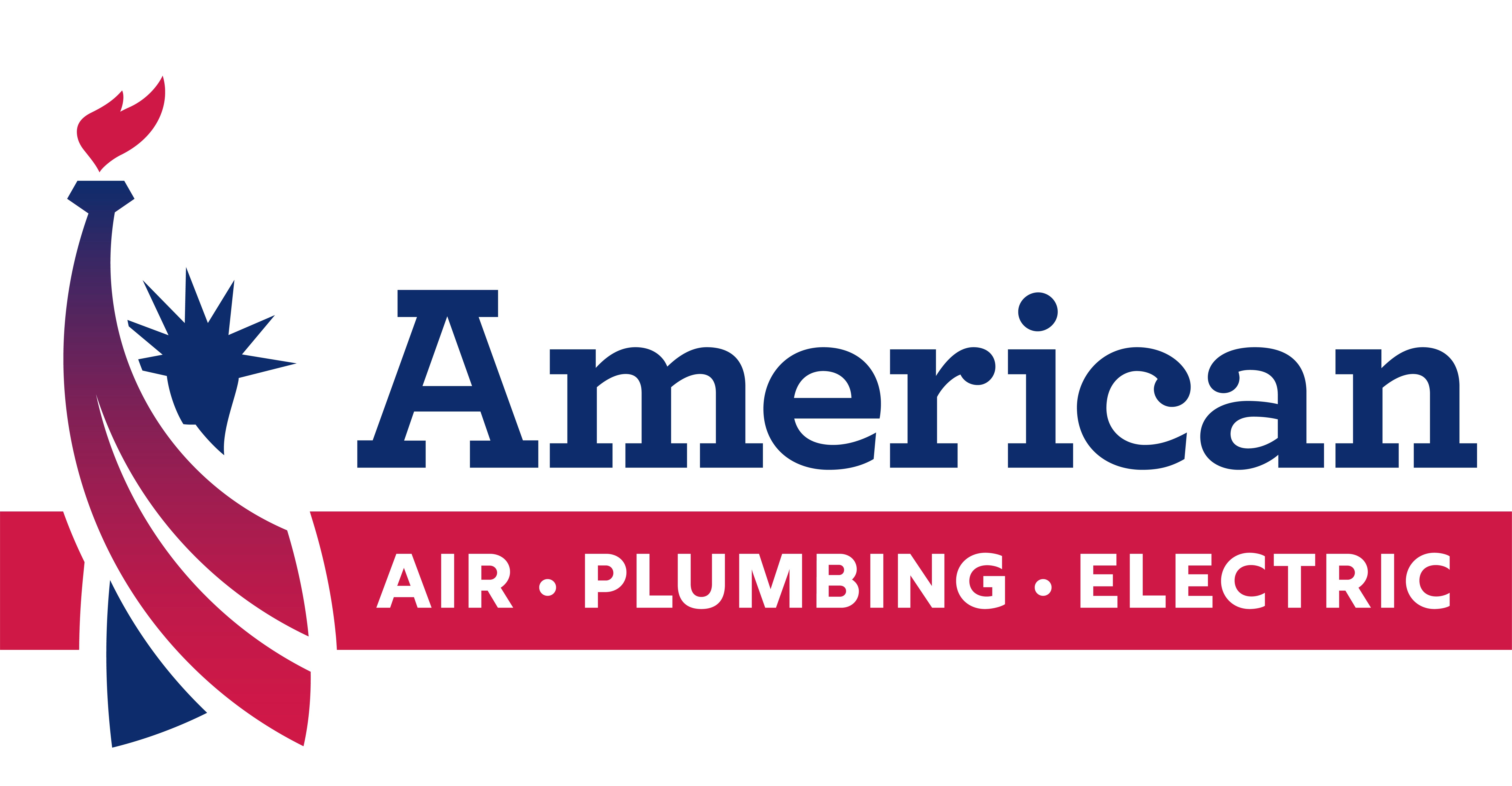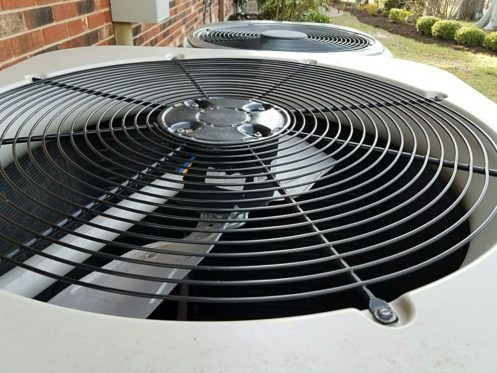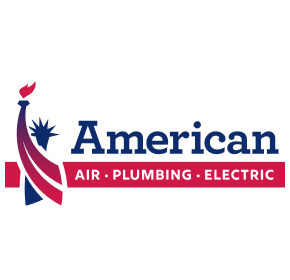Using a central air conditioning unit at a residential home seems uncomplicated. However, do you know what the mechanical parts of your home’s air conditioning unit are for? The motor and the compressor are two of many important elements. The central air compressor is essential for efficient cooling. However, issues occur occasionally with your central air compressor, which often prevents the system from running smoothly.
Components of Air Conditioning Systems
The main components of your home’s central air conditioning system are the condenser, the evaporator, and the compressor. The central air compressor is the component between the evaporator, which is inside your unit, and the condenser, which is located outside of your building. The central air compressor plays a key role in the entire system’s functioning correctly.
Central Air Compressors: The Basics
This vital device pumps the refrigerant throughout your residence’s air conditioning unit. Located within the condenser unit, a central air compressor must compress the system’s refrigerant vapor for the heat pump to function correctly. The refrigerant is a necessary liquid to cool your building’s air. Your system’s compressor transfers heat between the refrigerant and the condenser. A central air compressor must reduce the volume of the refrigerant. This reduction results in temperature and pressure changes to the refrigerant, which affects energy efficiency.
Additionally, the central air compressor causes evaporation. It creates water vapor from the moisture in your building’s air before distributing it.
Types of Central Air Compressors
There are five types of central air compressors that you should know about. Reciprocating compressors, rotary compressors, scroll compressors, screw compressors, and centrifugal compressors are all common in central air conditioning systems. What is the difference between these compressors? Reciprocating compressors rely on valves, pistons, and cylinders while compressing your air conditioning unit’s refrigerant. On the other hand, a rotary compressor will be cylinder-shaped, and you can find this type of compressor’s discharge line at the very top. It utilizes rollers that are directly attached to the motor’s shaft.
Scroll compressors are another type of central air compressor your unit may contain. The manufacturer creates two spiral scrolls. The first can wobble and vibrate, while the second scroll always remains stationary. When the first scroll moves, it compresses your unit’s refrigerant vapor. Afterward, it is pushed to the compressor’s center before ultimately being discharged.
When it comes to screw compressors, these are far more common in sizable commercial buildings. Residences, though, do not typically utilize screw compressors. In this type of compressor, two helical rotors are necessary to push the unit’s air. They have the advantage of being highly efficient and dependable. Screw compressors, however, are not an economical option for homes or other smaller buildings.
Lastly, the centrifugal AC compressor is only found in industrial-sized air conditioning systems. It uses centrifugal force to pull in refrigerant, and then its impeller compresses the gas.
Signs of Air Compressor Issues
If you notice a sound like humming or buzzing when switching on your central air conditioning system, your compressor may be the problem. However, if this sound is absent, the fault could lie with your whole system. Do you feel warm air flowing out of your system’s vents? To test this, hold your hand next to the unit’s fan. If the air flowing from the vents is warm, this is a critical indicator that the central air compressor is not doing its job correctly. It is likely not sufficiently compressing the gas.
A Central Air Compressor’s Lifespan
Usually, 10 to 15 years is the lifespan of a central air compressor. However, several variables influence the length of time that your home’s central air compressor will be good for. For example, how often you use your home’s air conditioning system affects the compressor’s lifespan. Another factor is how well you maintain the central air compressor. If an amateur did the installation poorly, this could hurt the longevity of your air compressor. Therefore, we recommend you choose a reliable team, such as American Air, Plumbing, and Electrical, to perform your installation.
Central Air Compressor Maintenance
As a homeowner making a considerable investment in a cooling system, you should strive to make your central air compressor last as long as possible. One important step you can perform is to change the compressor’s filter regularly. Another step is to clean the central air compressor at regular intervals. Cleaning the central air compressor includes cleaning condenser coils. If you are unsure how to clean the air compressor, employ a skilled HVAC technician from our HVAC company.
Common Central Air Compressor Issues
Calling us is best if the air conditioner’s compressor does not cool your home as it runs. There could be a potential refrigerant leak or a problem with the refrigeration cycle that can only be fixed by a skilled professional. Sometimes, the central air compressor will not power off and will continue to blow warm air. When this happens, ice buildup at the evaporator coil is often the cause. Ice buildup at the evaporator coil is also a sign that you need the help of a skilled HVAC technician as soon as possible. Frozen evaporator coils are a common sign of future system failure.
Options for a Failing Compressor
At first, replacing the central air compressor may seem like the logical next step. However, this is only true if your air conditioning system’s warranty is still in effect. Otherwise, it can be nearly as costly as replacing the entire unit. The next option is to replace the condensing unit. This choice is viable for many residents because it is typically less costly than an entire air conditioning replacement. However, without a warranty, those who make this choice can often be left with short-term fixes. Another pitfall of this decision is that your coils will still be old and less efficient than your new central air compressor.
Another choice is to replace both the condensing unit and the evaporator coil. What is the main risk of this process? Like the previous option, your blower motor will be the old one from your original air conditioning unit and be the next costly repair. Therefore, calling us to replace your home’s air conditioning system might be the most effective solution to a failing central air compressor. Although it is possible to repair specific compressors, even minor refrigerant leaks and damage prevent a homeowner from getting more than a few more years of use from their AC systems.
Contact Us at American Air, Plumbing, and Electrical Today
If you need someone to inspect your central air compressor, our team at American Air, Plumbing, and Electrical can help you today. We pride ourselves on our heating and cooling services and standout customer service. American Air, Plumbing, and Electrical is family-owned and quality-driven. We offer heating and air conditioning repair, replacement, and maintenance, including heat pumps and ductless mini-splits. We also offer indoor air quality services like duct cleaning, installing and repairing thermostats and dehumidifiers. Our NATE-certified technicians have a wealth of HVAC experience.
Contact American Air, Plumbing, and Electrical today if you are experiencing issues with your home’s central air compressor.


